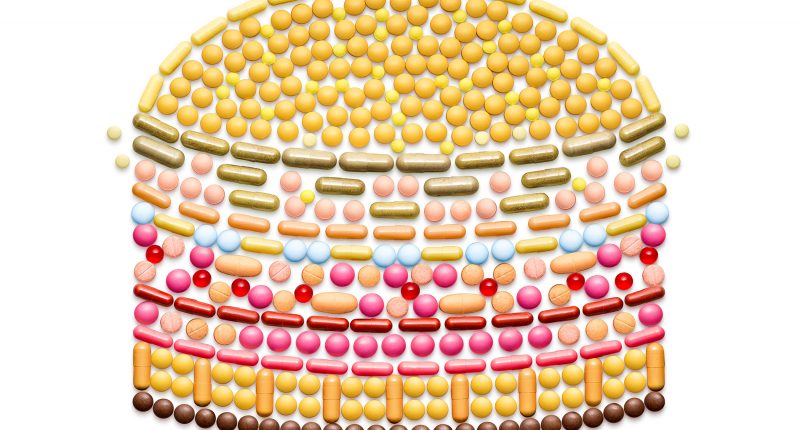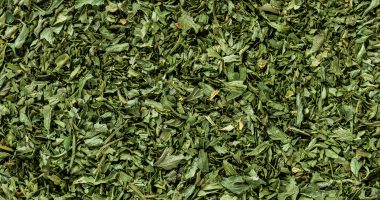Heart disease is the largest cause of death on the planet. It is responsible for at least 17 million deaths annually .
The WHO simply announced a strategy to get trans fats prohibited across the planet by 2023.
Many nations have banned trans fats, however, food manufacturers in Africa and South Asia still utilize these hazardous products.
Heart disease kills more people across the planet than other things.
It can be tricky to alter a few of the behaviours that contribute to those fatalities — but that does not prevent researchers from attempting to get individuals to work out and eat more veggies.
Removing a major chunk of these deaths can be achieved within a simpler manner: by banning polyunsaturated fats (or trans fatty acids).
These goods are added to foods that are fried, baked products, and snack goods, and trigger levels of terrible cholesterol in blood.
Currently the WHO and authorities across the world are cracking down. On Monday, the WHO declared a strategy calling for authorities to prohibit industrially-produced trans fats over five decades.
“Trans fat is an unnecessary toxic chemical that kills, and there’s no reason people around the world should continue to be exposed,” Dr. Tom Frieden, former leader of the Centers for Disease Control and Prevention (CDC), currently president and CEO of both Resolve to Save , stated from the WHO announcement statement.
Artificial polyunsaturated fats have been developed in the early 20th century, when industrial manufacturers recognized they can replace butter using partially hydrogenated oils that include a lengthy shelf life.
When individuals grew worried about the possible health effects of saturated fat from the 1950s, food makers started advertising products such as margarine or Crisco, that gained their fat from partially hydrogenated oils — trans fats — rather than saturated fats (in the past few decades, many firms selling those products have changed from trans fats into other choices ).
But substituting saturated fats using partially hydrogenated oils proved to be a lousy idea. These products raise the degree of terrible LDL-cholesterol (an indication of increased cardiovascular disease risk) and reduce levels of good HDL-cholesterol. In general, diets high in these fats raise heart disease risk rates by 21 percent and mortality rates by 28 percent, and they are also connected with a heightened threat for Type 2 diabetes.









